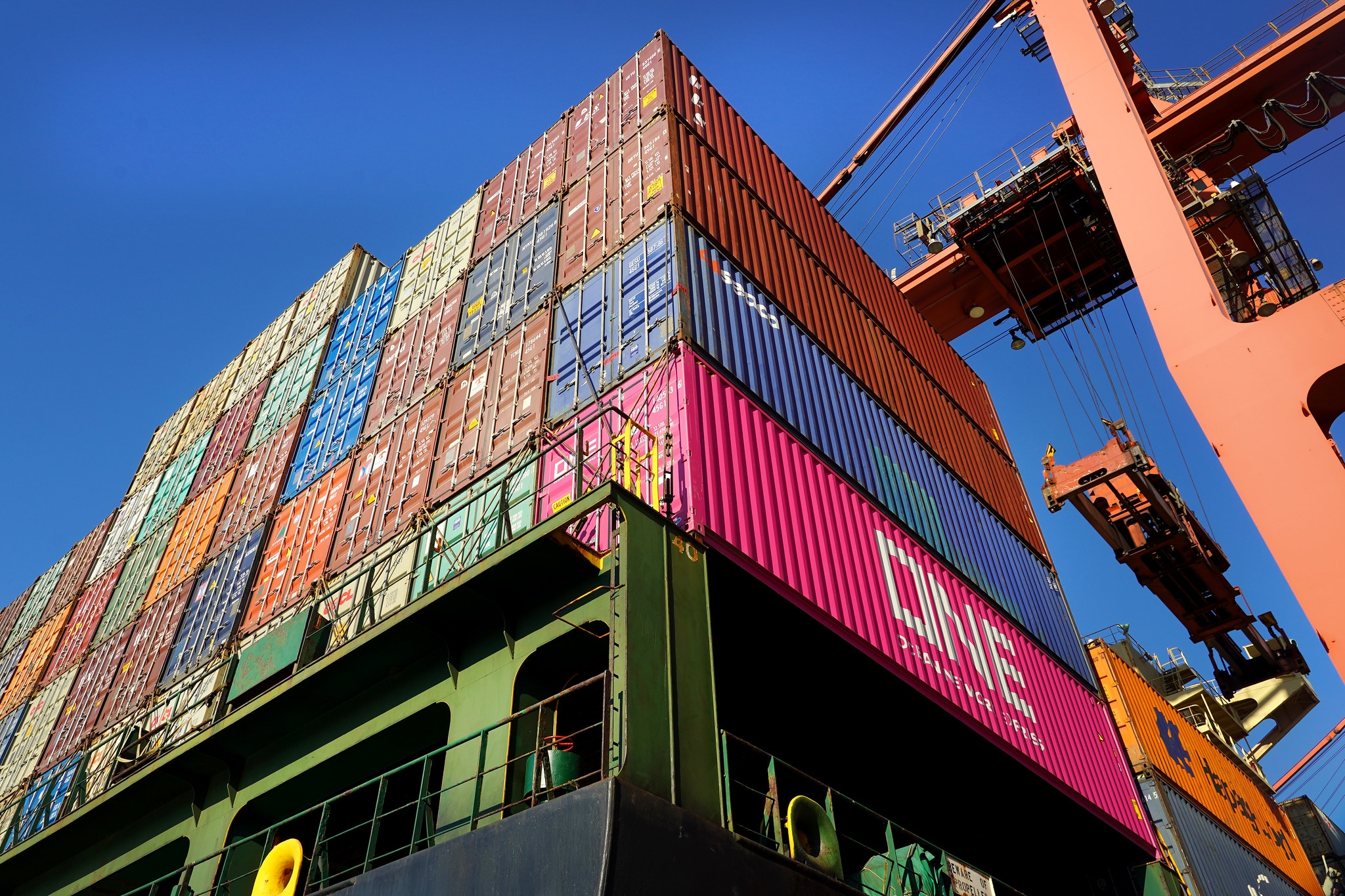
The project aimed to assess the constraints for regional and international trade of livestock and animal exports from two economic communities in Africa – Economic Community of West African States (ECOWAS) and Intergovernmental Authority on Development (IGAD). It focused on proposals to boost public and private sector capacity to meet OIE international standards.
Livestock production contributes to the economies of many African countries and plays an important role in poverty reduction. In international trade, producers face constraints in livestock trade from infrastructure to insecurity. Alongside regional-specific issues, animal disease is a major barrier to animal exports.
The project aimed to modernize veterinary services to meet international animal health standards and held workshops in two economic communities – IGAD and ECOWAS – with a view to improving exports. The pilot countries were Mali and Ethiopia, and, subsequently, Djibouti, with its new modern quarantine zone.
According to the final project evaluation, the project achieved its target to boost public and private sector capacity to meet OIE international standards. The project improved understanding of market access constraints and increased private sector involvement in international certification and SPS matters. The private sector proactively engaged in the workshops and opportunities for animal exports from Northern Mali to Southern Algeria were explored, based on zoning and the need to apply zoosanitary measures.
Countries need to provide sustainable, adequate resources to Veterinary Services to meet OIE standards, and use the OIE PVS evaluation framework to plug gaps identified, and seek support in these areas.
Countries can improve communication and information flows on animal health status to reduce the spread of transboundary diseases and address outbreaks, while projects in the region can be better coordinated.
National authorities need to boost inspection and control programmes to meet requirements under regional legislations and regulations across animal health, veterinary public health, food safety, and trade. Building capacity on certification can help exporters to gain and maintain access to valuable markets.